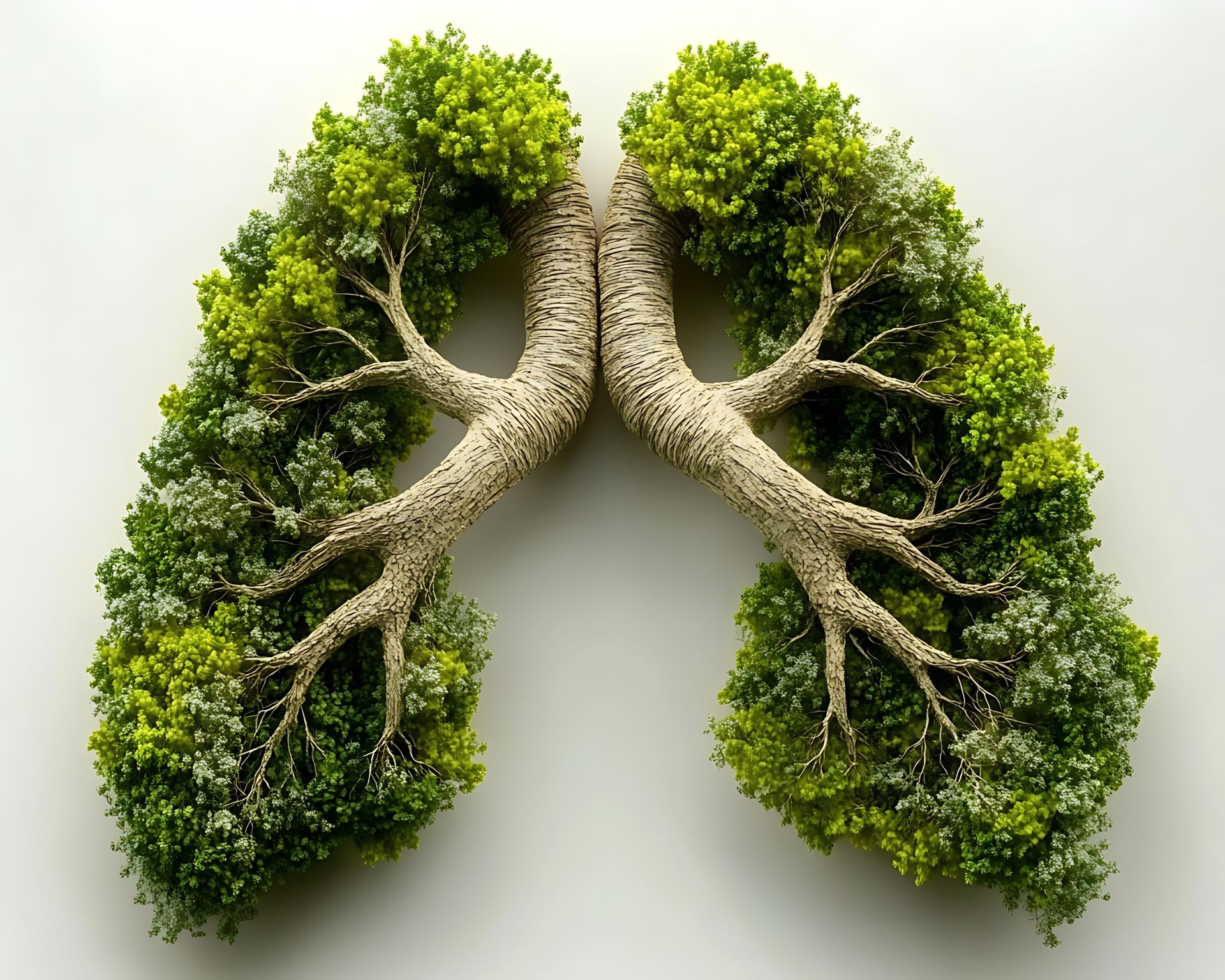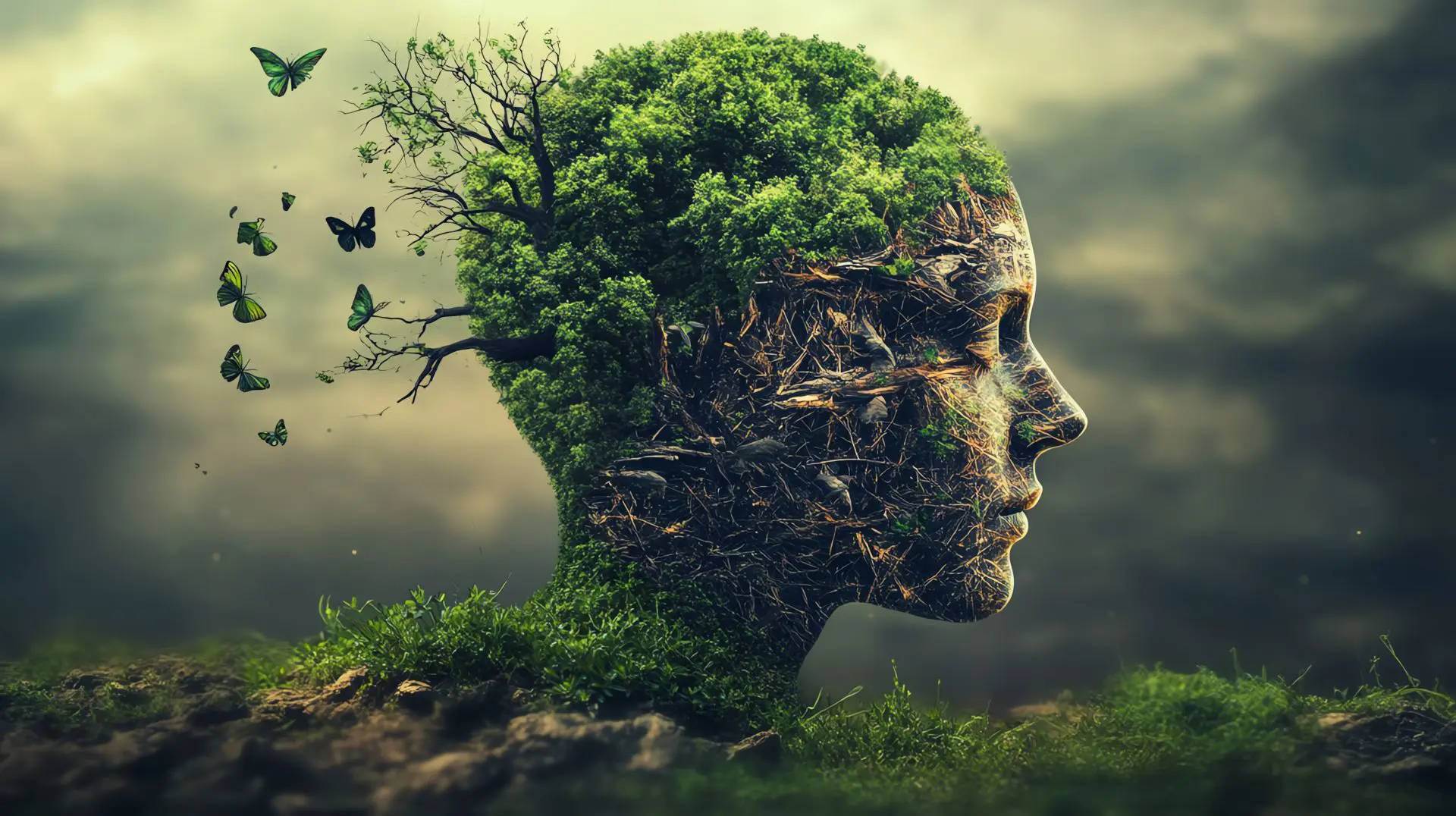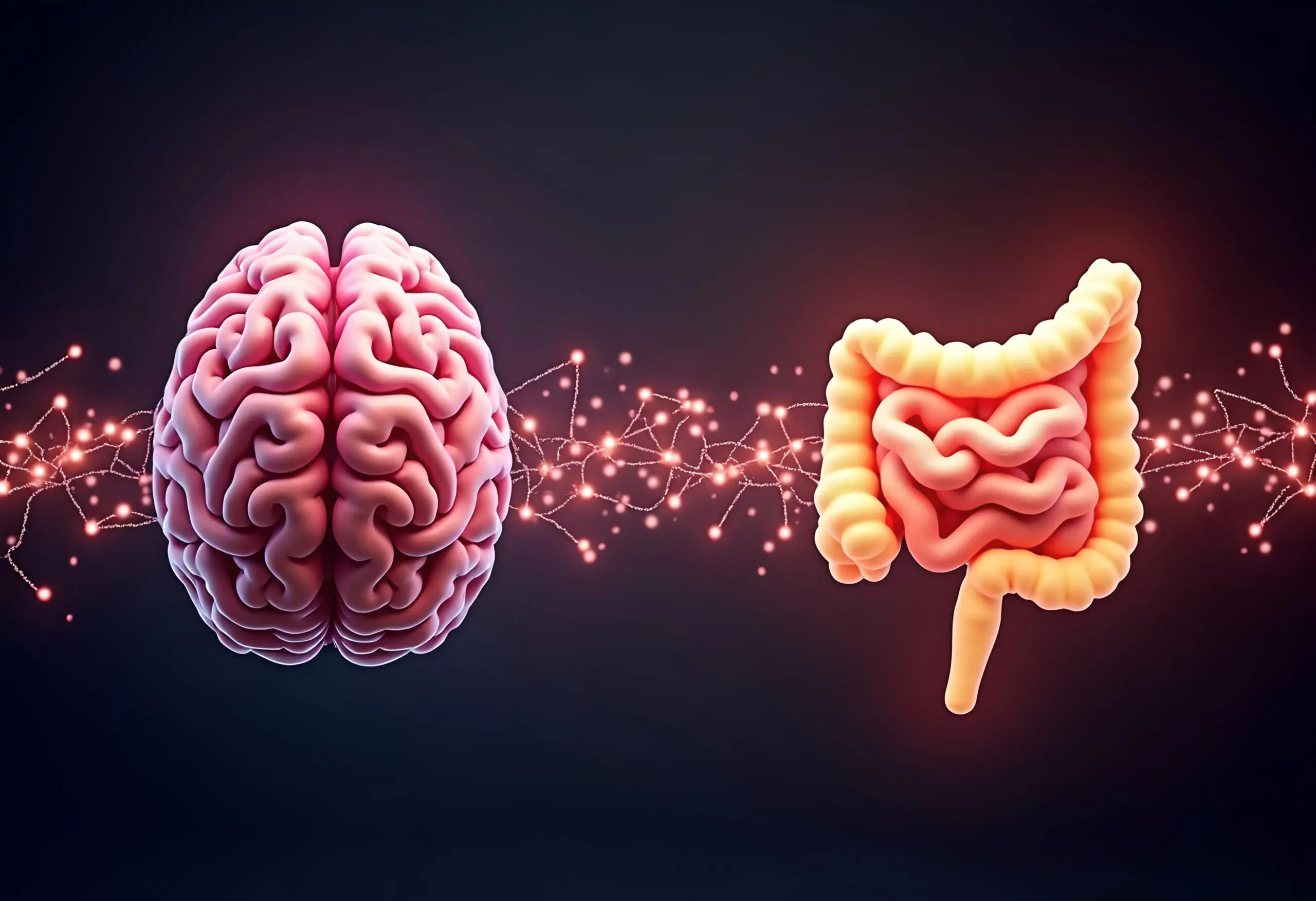
Ayahuasca vs. Psilocybin Retreats: What’s the Difference?
Many kinds of retreats exist that use different psychedelic substances for different purposes, from Iboga for addiction to Bufo alvarius toad venom for enlightenment experiences. Among the best psychedelic retreats are those using ayahuasca and psilocybin. Both offer profound experiences that can help individuals achieve personal growth goals and undergo inner transformation. These two kinds of retreats are not exactly the same, however. In this blog, we’ll explore the differences between ayahuasca and psilocybin retreats.
What’s the Difference?
While ayahuasca and psilocybin both offer profound experiences, there are some key differences between the two. Here are some of the main differences:
The Effects – Psilocybin vs Ayahuasca
People from diverse cultural backgrounds who drink ayahuasca often report similar themes and visuals in their experiences. Ayahuasca creates a particular psychological atmosphere of awe and sacredness, where one feels as though another reality is being revealed. The visions often begin with typical psychedelic visuals, but then they can feel as if we are truly seeing somewhere else, with scenes of nature being common. Snakes and jaguars are often animals seen, and people routinely report communicating with benevolent entities that guide the traveler on their inner journey [1]. The experience of a feminine presence that people refer to as Mother Ayahuasca is a common experience, an archetypal presence which many feel embodies the entire experience.
In a psilocybin ceremony, individuals often have mystical experiences in which the boundaries between self and other dissolve, leading to a feeling of connection with the rest of reality [2]. The experience may begin with typical psychedelic visuals and the experiencing of psychological material, such as autobiographical memories and emotions. As the visuals increase in intensity the perceived boundary between the body and the outside world can break down. This produces a state in which there is no sense of self and a deep relief from suffering.
In such a state, people may perceive themselves as a field of awareness with psychedelic visuals constantly changing inside it, a space without a center or a sense of identity. Coming in and out of this state of complete surrender to existence can provide insight into what psychological and emotional patterns and barriers.
Both ayahuasca and psilocybin can reveal hidden psychological patterns and help process past emotional challenges, making them some of the best psychedelic retreats. The supernatural and otherworldly feel that often accompanies ayahuasca can make it more challenging than psilocybin, which typically produces more intimate inward journeys into one’s mind.
Another difference in the effects of ayahuasca vs mushrooms is in their duration. Ayahuasca experiences typically last longer than psilocybin experiences. Ayahuasca ceremonies can last up to eight hours, while psilocybin experiences usually last around six hours.
Finally, ayahuasca typically produces strong physical effects in the body, known as the “body load.” This can include feelings of nausea, vomiting, sweating, shivering, and increased heart rate. Some people may experience gastrointestinal distress, such as diarrhea or stomach cramps. The body load can also include sensations of heaviness, tingling, or numbness in the limbs or other parts of the body and can be accompanied by a feeling of constriction or pressure in the chest. Psilocybin mushrooms may produce some nausea as they are digested but the body load is far smaller than with ayahuasca.
Consistency
When it comes to the consistency of ayahuasca vs. psilocybin, psilocybin is more dose dependent and consistent in its effects than ayahuasca. Anecdotal reports of ayahuasca consumption indicates that not only can effects vary dramatically between batches of the brew but even between similar doses from the same batch. The effects of psilocybin are more predictable by comparison.
The effects of psilocybin have also been studied far more extensively than those of ayahuasca. Along with MDMA, psilocybin represents the centerpiece of modern scientific research into psychedelics. As a result, it has been highly studied in controlled scientific settings, with very positive results [3]. Ayahuasca practices are backed by centuries of Indigenous knowledge, as are psilocybin mushroom practices, but ayahuasca lacks the same level of scientific scrutiny as psilocybin.
Safety
Both ayahuasca and psilocybin can be powerful tools for personal growth but it is important that they are used in a safe and responsible manner. That’s why it’s critical to choose a reputable retreat center with experienced facilitators who prioritize safety and provide a supportive environment for participants.
Ayahuasca contains several active compounds, including harmine, harmaline, and DMT, that can interact with certain medications and medical conditions. It is important to inform your healthcare provider and shaman about any medications you are taking and any medical conditions you have before participating in an ayahuasca ceremony. Ayahuasca may also interact with medications that affect the liver or heart, as the harmala alkaloids in the brew can affect the metabolism of certain drugs. Additionally, ayahuasca can cause vomiting and diarrhea, which can affect the absorption of some medications.
Like the best psychedelic retreats both substances act on the serotonin system and so it is wise to exercise caution if one is taking them with antidepressants that act on this system, such as selective serotonin reuptake inhibitors (SSRIs). People with a history of psychosis or certain psychiatric conditions, such as schizophrenia, should not take either substance, as they can worsen these conditions.
Which is Right for You?
Ayahuasca and psilocybin retreats offer unique and powerful experiences for personal growth and transformation. While there are similarities between the two substances and retreats, such as their ability to reveal hidden psychological patterns and facilitate personal transformation, there are also important differences.
Regardless of which substance you decide is right for you, with the right mindset and preparation, ayahuasca and psilocybin retreats can be transformative experiences that can lead to personal growth and profound positive change.
References:
[1] The Antipodes of the Mind: Charting the Phenomenology of the Ayahuasca Experience by Benny Shanon (Oxford University Press, 7 November 2002).
[2] Griffiths, R.R., Richards, W.A., McCann, U. et al. Psilocybin can occasion mystical-type experiences having substantial and sustained personal meaning and spiritual significance. Psychopharmacology 187, 268–283 (2006). https://doi.org/10.1007/s00213-006-0457-5
[3] Johnson, M.W., Griffiths, R.R. Potential Therapeutic Effects of Psilocybin. Neurotherapeutics 14, 734–740 (2017). https://doi.org/10.1007/s13311-017-0542-y


